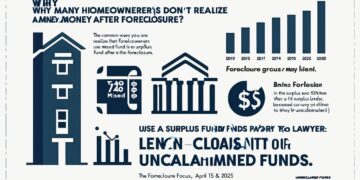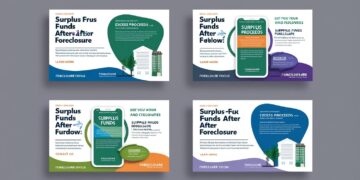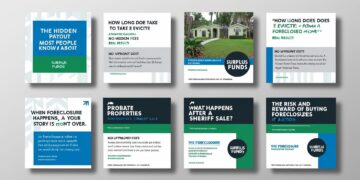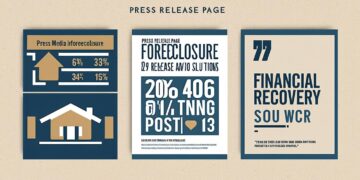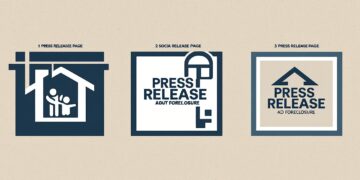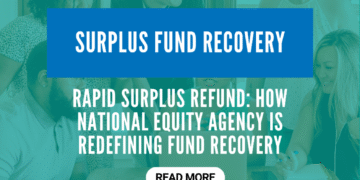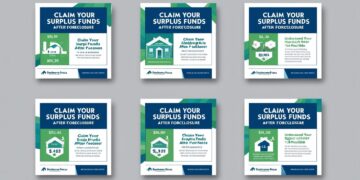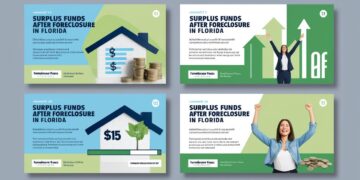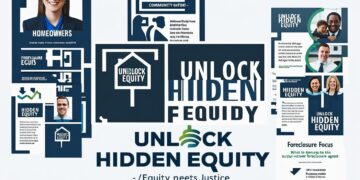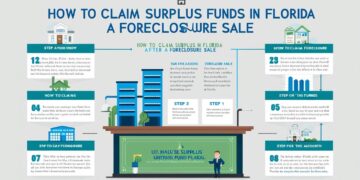- Home
- Foreclosure Help
- Press Release
- Information & Services
- General Foreclosure Guidance | The Foreclosure Focus
- National Foreclosure Trends | The Foreclosure Focus
- Housing Market & Economy | The Foreclosure Focus
- Voices & Perspectives | The Foreclosure Focus
- Consumer Education & Financial Literacy | The Foreclosure Focus
- Technology & Real Estate Innovation | The Foreclosure Focus
- Climate & Disaster Recovery | The Foreclosure Focus
- Court Document Access Help | The Foreclosure Focus
- Emergency Eviction Support Facing | The Foreclosure Focus
- Media or Press Inquiry | The Foreclosure Focus
- Education & Counseling Referral | The Foreclosure Focus
- Legal & Policy Updates | The Foreclosure Focus
- U.S. Economy & Inflation Watch | The Foreclosure Focus
- Banking, Finance & Lending | The Foreclosure Focus
- Investor or Wholesaler Support | The Foreclosure Focus
- Politics & Government | The Foreclosure Focus
- Affordable Housing & Homelessness | The Foreclosure Focus
- National News
- Surplus funds
- Contact
- Home
- Foreclosure Help
- Press Release
- Information & Services
- General Foreclosure Guidance | The Foreclosure Focus
- National Foreclosure Trends | The Foreclosure Focus
- Housing Market & Economy | The Foreclosure Focus
- Voices & Perspectives | The Foreclosure Focus
- Consumer Education & Financial Literacy | The Foreclosure Focus
- Technology & Real Estate Innovation | The Foreclosure Focus
- Climate & Disaster Recovery | The Foreclosure Focus
- Court Document Access Help | The Foreclosure Focus
- Emergency Eviction Support Facing | The Foreclosure Focus
- Media or Press Inquiry | The Foreclosure Focus
- Education & Counseling Referral | The Foreclosure Focus
- Legal & Policy Updates | The Foreclosure Focus
- U.S. Economy & Inflation Watch | The Foreclosure Focus
- Banking, Finance & Lending | The Foreclosure Focus
- Investor or Wholesaler Support | The Foreclosure Focus
- Politics & Government | The Foreclosure Focus
- Affordable Housing & Homelessness | The Foreclosure Focus
- National News
- Surplus funds
- Contact
Navigation
Categories
Surplus Fund Scams to Avoid
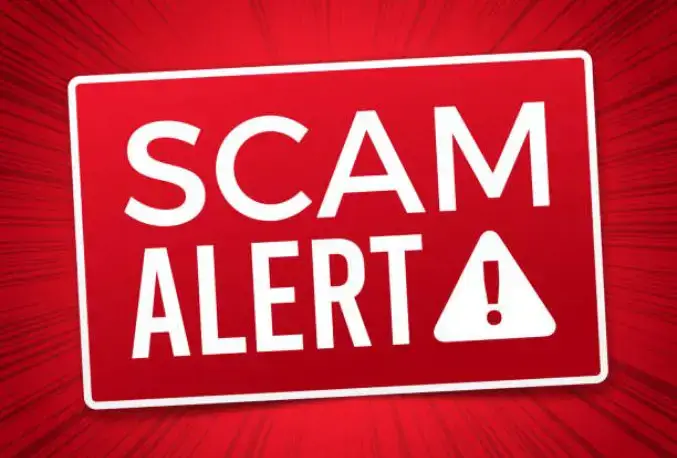
Surplus Fund Scams to Avoid: How to Protect Yourself from Fraudulent Agents
When seeking to claim surplus funds, it’s crucial to be aware of potential scams that prey on unsuspecting homeowners. Scammers may promise to recover surplus funds but often end up charging exorbitant fees for services they don’t deliver. In this guide, we’ll help you identify the red flags and avoid fraudulent agents while also providing tips on how to choose legitimate recovery firms.
Signs of a Scam
Recognizing the warning signs of a scam can save you time, money, and frustration. Here’s what to look out for:
-
Upfront Fees:
Be cautious of any firm that asks for upfront fees before providing any services. Legitimate recovery firms only get paid after successfully securing your surplus funds. -
Too-Good-to-Be-True Promises:
Watch out for companies that claim they can get you more money than other agencies or guarantee results. No legitimate firm can make promises about the amount of surplus funds you’ll recover. -
Lack of Written Agreement:
A professional firm will provide a clear, written contract that outlines all services, fees, and terms. If they are hesitant to provide this or push for verbal agreements, it’s a major red flag. -
Pressure Tactics:
Scammers often use high-pressure tactics to force you into making decisions quickly. They may create a sense of urgency by claiming that you must act immediately or you’ll lose your chance to claim the funds. -
Vague or Unverifiable Contact Information:
Be wary of companies that don’t provide verifiable contact details, such as a physical office address or a legitimate phone number. A professional recovery agency will have clear, easy-to-find contact details and a traceable online presence.
Legal Red Flags
There are specific legal red flags that should raise suspicions when dealing with a surplus fund recovery firm:
-
Failure to Provide a Contract:
Legitimate companies always provide a written contract before starting any work. If the firm refuses to provide one or insists on proceeding without one, it’s likely a scam. -
Unclear Terms Regarding Fees:
Be cautious if the firm is unclear about how or when they charge fees. Any reputable agency will disclose their fees upfront, and these should be reasonable. Avoid firms that require a percentage of your claim that is significantly higher than industry standards (usually 10-20%). -
Promise of Legal Action Without Explanation:
Some scammers might claim they will file a lawsuit on your behalf but fail to explain the legal process or costs involved. Avoid any company making legal promises without full transparency. -
Excessive Document Requests:
Scammers may ask for unnecessary personal or financial documents. Always verify that the documents they ask for are necessary for filing your claim.
Reporting Fraud
If you suspect you’ve fallen victim to a scam, it’s important to report the fraud immediately to prevent further damage:
-
Federal Trade Commission (FTC):
The FTC allows consumers to report scams and fraud, and they take action to investigate these claims. Visit www.reportfraud.ftc.gov to submit a report. -
State Attorney General:
Each state has an Attorney General’s office that investigates consumer complaints. Look up your state’s office and file a complaint against the fraudulent company. -
Better Business Bureau (BBB):
You can report scams to the BBB, which will help warn others about potential fraudsters. Visit www.bbb.org to file a complaint. -
Local Consumer Protection Agencies:
Many states and municipalities have consumer protection agencies that deal with fraud. You can also report fraud to the local consumer affairs department or the state’s department of financial regulation.
Licensed vs. Unlicensed Actors
When seeking surplus fund recovery services, always ensure you’re dealing with a licensed and legitimate company. Here’s how to distinguish between licensed and unlicensed actors:
-
Licensed Agents:
-
Registered with State Agencies: Legitimate recovery firms are registered with state or local agencies and adhere to relevant consumer protection laws.
-
Insurance Coverage: Professional agencies often carry insurance that protects clients in the case of misconduct or failure to deliver services.
-
Transparent Contracts and Fees: Licensed firms provide transparent contracts and fees upfront. They follow ethical standards and abide by consumer protection laws.
-
-
Unlicensed Actors:
-
Unregistered or Untraceable: Unlicensed firms often don’t have the proper registration with state authorities, making it difficult for you to trace them or verify their legitimacy.
-
No Insurance: Unlicensed firms may not carry insurance, which can leave you at risk if something goes wrong during the claims process.
-
Hidden or Inflated Fees: Scammers may hide their fees or charge much more than what’s considered reasonable in the industry, often disguised as “administrative fees” or other unnecessary charges.
-
How to Avoid Scams: Tips for a Safe Recovery Process
-
Do Your Research: Look up online reviews, ratings, and complaints about the recovery firm. Legitimate companies will have a strong reputation and positive feedback from past clients.
-
Check with the Better Business Bureau (BBB): Ensure the company is accredited by the BBB and has a history of handling complaints professionally.
-
Consult Legal Professionals: If in doubt, consult with a lawyer or financial advisor to ensure that the recovery firm you are considering is legitimate.
-
Trust Your Instincts: If something feels off or too good to be true, trust your gut and walk away. Scammers are often very convincing, but they can’t fool you if you stay vigilant.
Conclusion
Surplus fund recovery scams are unfortunately common, but by staying informed, being cautious, and following the steps outlined in this guide, you can protect yourself from fraudulent actors. Always work with licensed, transparent, and reputable firms, and never pay upfront fees before receiving the services. If you think you’ve encountered a scam, don’t hesitate to report it to the proper authorities to protect yourself and others.
Browse By Category
Surplus Funds
Learn how unclaimed money after foreclosure sales can be rightfully recovered by original homeowners — and how we help make that happen.
Foreclosure Help
Strategies, FAQs, and legal insights for homeowners currently facing foreclosure or at risk.
Investor Insights
Articles and tips for real estate investors looking to understand foreclosure deals and surplus processes.
Company News
From platform updates to key milestones — stay in the loop with what’s happening at The Foreclosure Focus.
Want To Contribute?
Got a story, tip, or expert insight? Reach out to our editorial team at:
You can also create a free account, sign up and publish your press releases while our team verify and edit them.
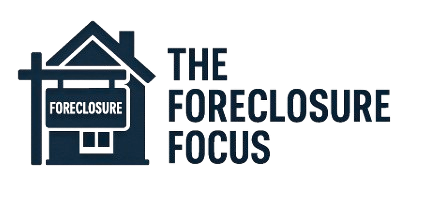
"This site is dedicated to publishing timely and authoritative press releases focused on foreclosure news, property auctions, and surplus funds recovery. Stay informed with the latest developments in the housing market, legal updates, and opportunities for reclaiming excess proceeds after foreclosure sales.
